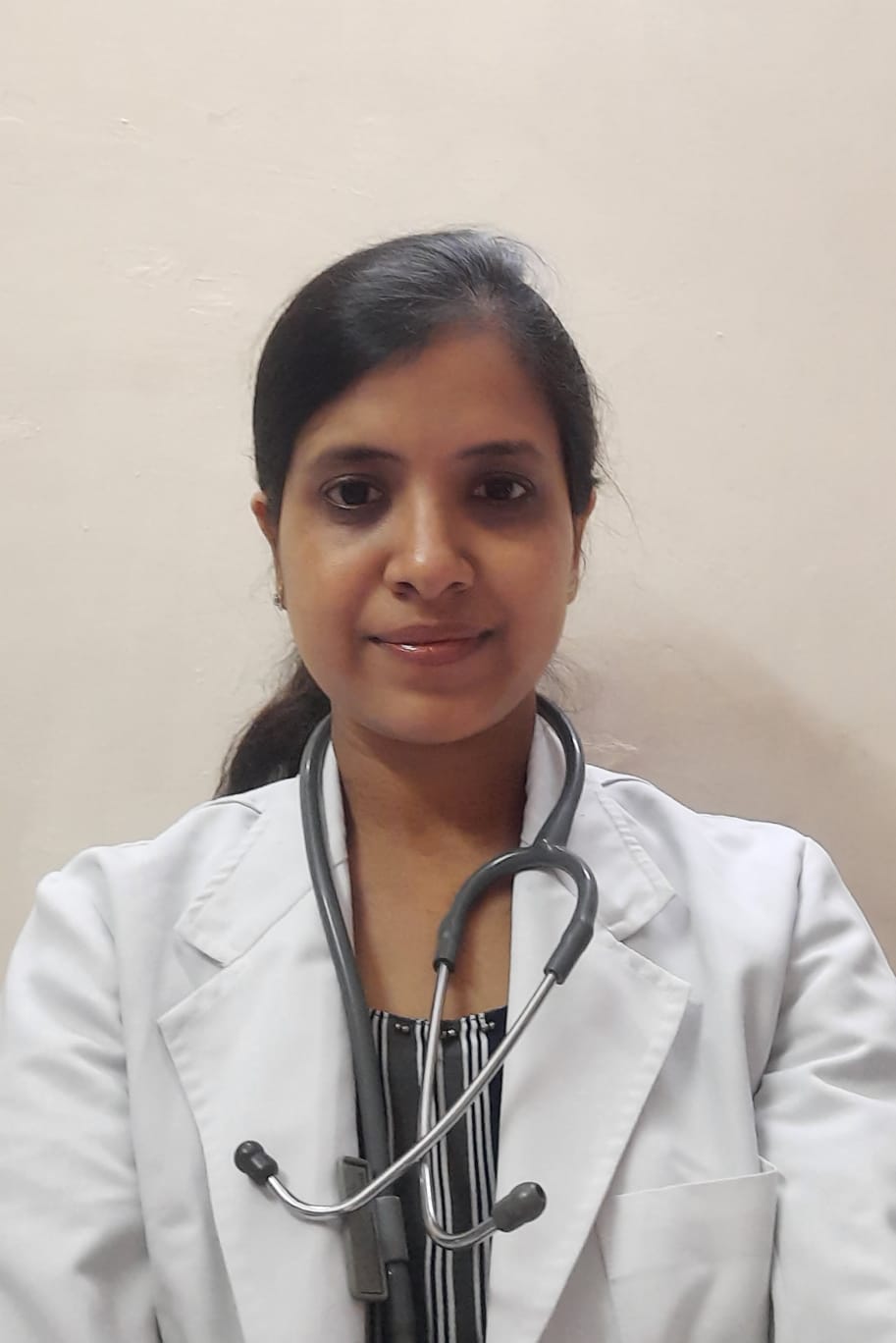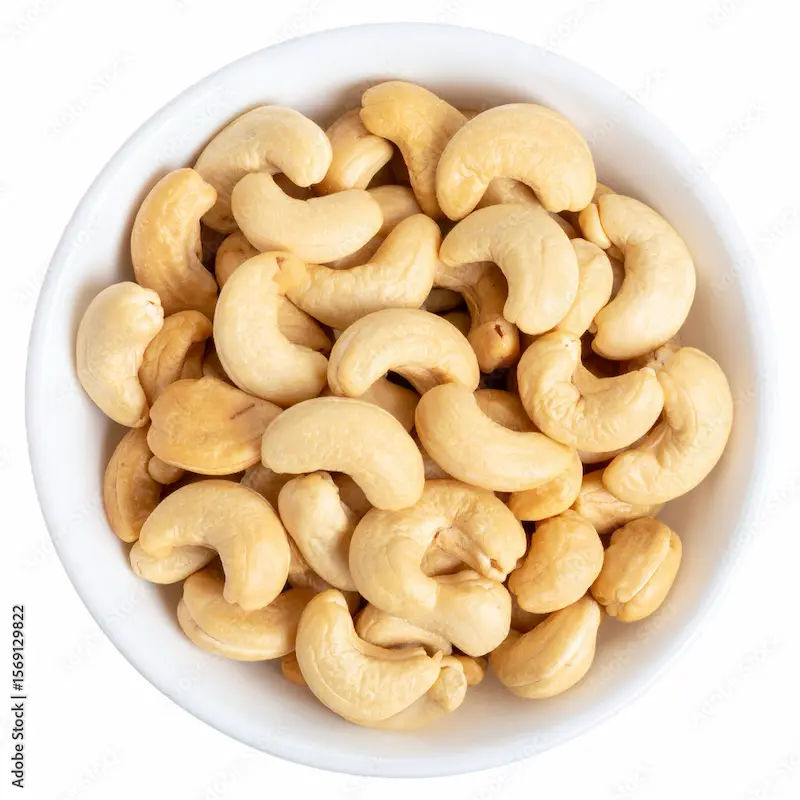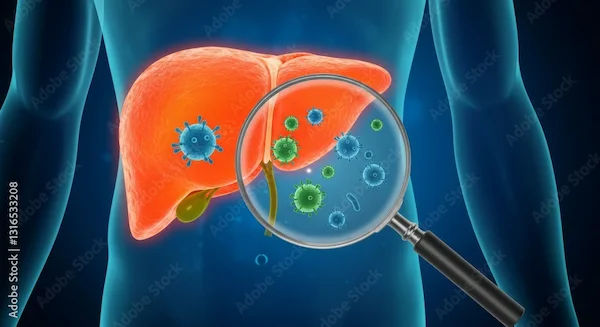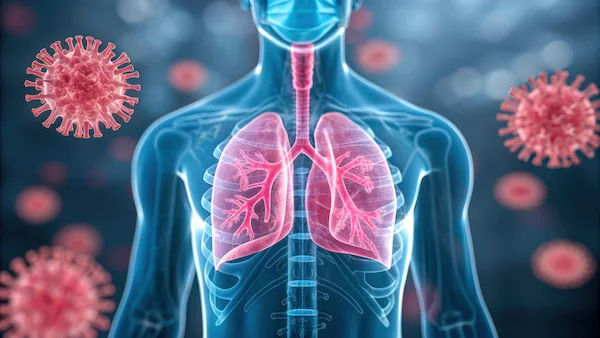Signs of Ovulation and Related Symptoms
Know what ovulation is, common signs for ovulation, how to track it and manage the ovulation and more.


Introduction
Understanding your body’s ovulation cycle is important, whether you’re trying to conceive, tracking your menstrual health, or simply staying in tune with your body. Ovulation is a natural process where an egg is released from the ovary, making pregnancy possible.
Recognising the signs of ovulation can help you plan better and stay aware of your reproductive health.
In this article, we’ll discuss the common signs of ovulation, related symptoms, and some helpful tips to manage them.
What Is Ovulation?
Ovulation is a key part of the menstrual cycle, typically occurring around the 14th day of a 28-day cycle (though this varies from woman to woman).
During ovulation, a mature egg is released from the ovary and travels down the fallopian tube, where it can be fertilised by sperm. If fertilisation doesn’t occur, the egg dissolves, and menstruation follows.
Consult Top Obstetrics Doctor for Personalised Health Advice
Common Signs of Ovulation
Every woman’s body is different, but some common physical and hormonal signs indicate ovulation. Here’s what to look for:
1. Change in Cervical Mucus
- Just before ovulation, your cervical mucus becomes clear, stretchy, and slippery—similar to egg whites.
- This consistency helps sperm travel more easily toward the egg.
2. Mild Pelvic or Abdominal Pain (Mittelschmerz)
- Some women feel a slight twinge or cramp on one side of the lower abdomen.
- This pain, called Mittelschmerz, lasts a few hours to a day.
3. Slight Increase in Basal Body Temperature (BBT)
- Your resting body temperature rises slightly (about 0.5–1°F) after ovulation due to increased progesterone.
- Tracking BBT daily can help predict ovulation over time.
4. Breast Tenderness
- Hormonal changes around ovulation may make breasts feel sensitive or sore.
5. Increased Libido (Sex Drive)
- Many women experience a natural boost in sexual desire around ovulation due to hormonal shifts.
6. Light Spotting
- Some women notice very light pink or brown spotting due to hormonal fluctuations.
7. Heightened Senses
- Some women report better smell or taste sensitivity during ovulation.
How to Track Ovulation?
If you’re trying to conceive or monitor your cycle, tracking ovulation can be helpful. Here are some methods:
1. Ovulation Predictor Kits (OPKs)
- These urine tests detect a surge in luteinizing hormone (LH), which happens 24–36 hours before ovulation.
2. Basal Body Temperature (BBT) Charting
- Measure your temperature first thing in the morning before getting out of bed.
- A slight rise indicates ovulation has occurred.
3. Cervical Mucus Observation
- Check daily for changes in texture and consistency.
4. Fertility Apps
Many apps help track periods, symptoms, and predict fertile windows.
When to See a Doctor?
While ovulation is a normal process, certain symptoms may need medical attention:
- Severe pelvic pain (could indicate conditions like endometriosis or ovarian cysts).
- Irregular cycles (if your cycle is consistently shorter than 21 days or longer than 35 days).
- No ovulation signs (possible hormonal imbalance or PCOS).
If you’re struggling with fertility or unusual symptoms, consider consulting a doctor. You can book a consultation or fertility test through Apollo 24|7 for expert guidance.
Tips for Managing Ovulation Symptoms
The tips to manage ovulation include:
1. Stay Hydrated
- Helps with bloating and cervical mucus production.
2. Maintain a Balanced Diet
- Foods rich in omega-3s, zinc, and vitamin B6 support hormonal balance.
3. Gentle Exercise
- Yoga or light stretching can ease cramps and improve circulation.
4. Warm Compress for Pain
- A heating pad can relieve mild ovulation pain.
5. Reduce Stress
- Stress can disrupt hormones—try meditation or deep breathing exercises.
Final Thoughts
Understanding your ovulation signs helps you stay in control of your reproductive health. Whether you’re planning a pregnancy or just monitoring your body, recognising these symptoms can be empowering.
Consult Top Obstetrics Doctor for Personalised Health Advice
Consult Top Obstetrics Doctor for Personalised Health Advice

Dr. Parul Sharma
Obstetrician and Gynaecologist
8 Years • MBBS, MS (Obstetrics & Gynaecology)
New Delhi
THE DOCTORS NESST, New Delhi

Dr. Asha Rani Singh
Obstetrician and Gynaecologist
24 Years • MBBS DGO
Delhi
Dr Asha Rani Singh Clinic, Delhi

Dr. Shyamala Devi
Obstetrician and Gynaecologist
38 Years • MBBS, MS Obstetrics & Gynaecology
Vijayawada
Sri Shivshakti Nilayam, Vijayawada
Dr. K Anusha
Obstetrician and Gynaecologist
4 Years • MBBS, DGO
Yemmiganur
SRINIVASAA HOSPITAL, Yemmiganur

Dr. Sheetal Aggarwal
Obstetrician and Gynaecologist
17 Years • MBBS, MS (Obstetrics & Gynaecology)
Gurugram
Dr Sheetal's clinic, Gurugram
Consult Top Obstetrics Doctor for Personalised Health Advice

Dr. Parul Sharma
Obstetrician and Gynaecologist
8 Years • MBBS, MS (Obstetrics & Gynaecology)
New Delhi
THE DOCTORS NESST, New Delhi

Dr. Asha Rani Singh
Obstetrician and Gynaecologist
24 Years • MBBS DGO
Delhi
Dr Asha Rani Singh Clinic, Delhi

Dr. Shyamala Devi
Obstetrician and Gynaecologist
38 Years • MBBS, MS Obstetrics & Gynaecology
Vijayawada
Sri Shivshakti Nilayam, Vijayawada
Dr. K Anusha
Obstetrician and Gynaecologist
4 Years • MBBS, DGO
Yemmiganur
SRINIVASAA HOSPITAL, Yemmiganur

Dr. Sheetal Aggarwal
Obstetrician and Gynaecologist
17 Years • MBBS, MS (Obstetrics & Gynaecology)
Gurugram
Dr Sheetal's clinic, Gurugram




